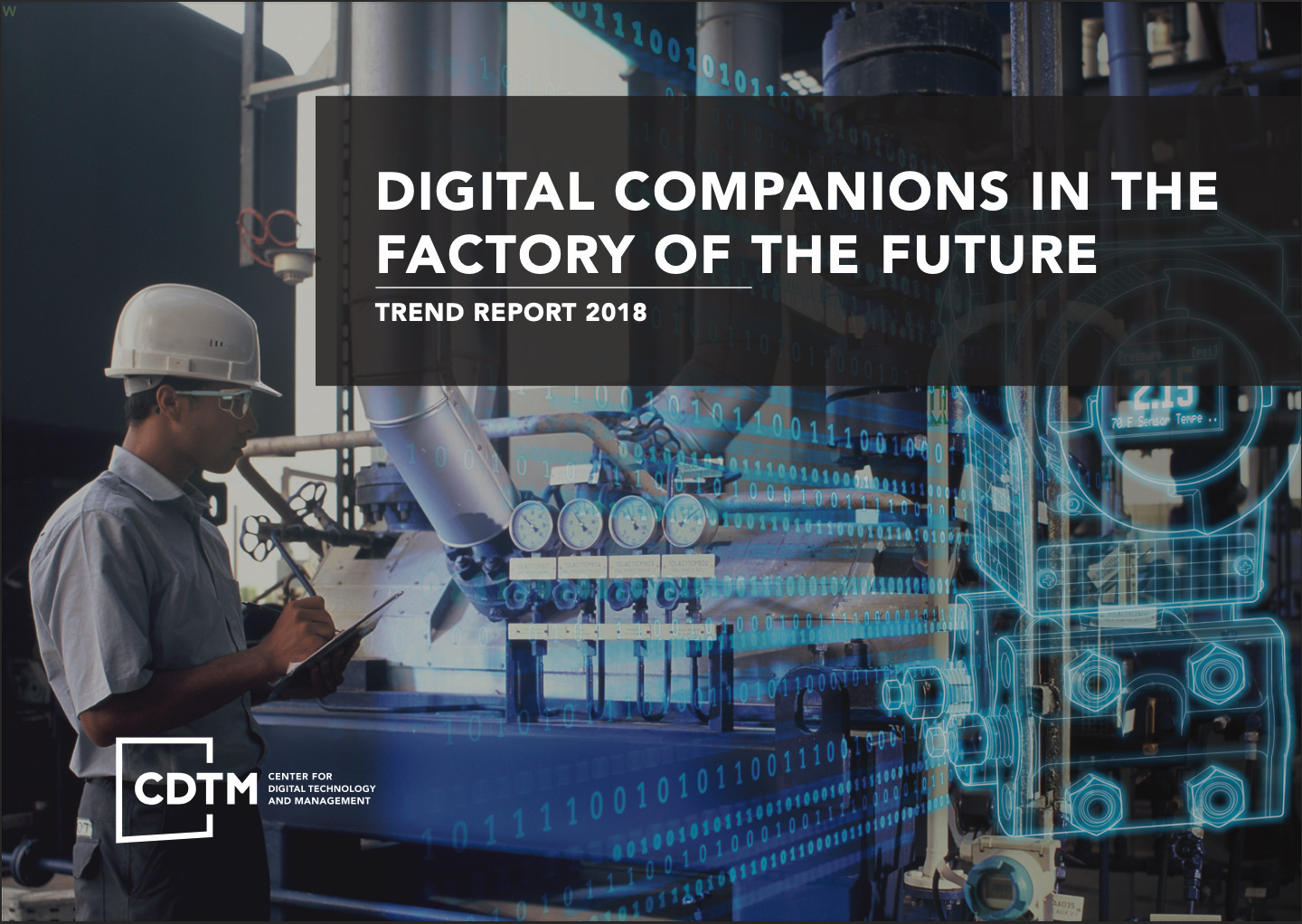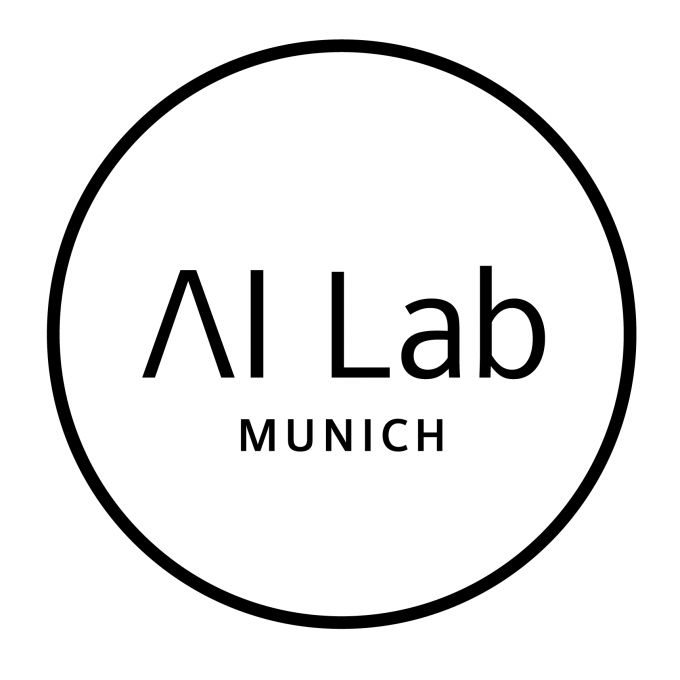
Digital Companions in the Factory of the Future
Abstract
Digital technologies are constantly pushing us towards an ever more connected world and have a significant impact on our daily private life and business environment. While we are already used to talking to our personal digital device to get information from Siri, Alexa, or other voice and virtual assistants, our workplaces in general and especially in factories still heavily rely on non-personalized manual processes. However, with increasing complexity based on future individualized manufacturing, new technologies such as Natural Language Processing (NLP) and Artificial Intelligence (AI) provide an ideal growth medium for companies to offer personalized assistants to support processes in “Smart and Digital Factories”. This opens up new potentials for more efficient work processes on the one hand and an easier working life for employees on the other hand. But which technologies are best suited for such digital companions? How are employees’ needs best addressed? Which data is available or required? Which use cases for digital companions offer tangible support for the employees and are accepted by them? And which digital companions can both make an impact now and sustain in future factory environments?
TRENDS
"Decision-Making Power": Decision-making authority defines which entity makes the ultimate choice among decision alternatives. In this context, the relevant entities are humans and intelligent machines. The extreme cases are that the decision-making power lies solely with the human or only with the machine. However, it is also possible that it settles somewhere in between those extremes. Where exactly on the scale the decision-making power is located, depends on legal regulations and the technical capability of the intelligent machine to make com- plex decisions. If machines possess this technical capability, it opens up the opportunity to center the decision-making authority around the machine. However, depending on the legal boundaries, the judicial decision rights will be deter- mined and the center of decision-making authority may shift severely. Legal boundaries in turn, are heavily influenced by moral considerations, accountability reflections, and data pri- vacy deliberations
"Privat and Professional Life": The convergence of private and professional life refers to the extent to which both worlds merge with each other. Private and professional identities will either substantially shape each other or be entirely independent. These developments will inevitably affect the way people work in the future. As the importance of work for individuals’ self-perception is chang- ing, so will people’s relationship to their workplace. While for some work has always been connected to self-fulfillment, for others it has rather been means to an end. These opposing views influence the discussions concerning the convergence of work and private life. For employers, the development poses questions on the flexibility of working hours and as- sociated expectations on the employees’ time commitment or physical presence. At the same time, law-makers will con- sider factors like cyber security, economic viability, societal well-being, and especially work regulations to provide a framework for work-life convergence.
“Renaissance 2.0” A future where machines have a huge influence on our lives, automating decisions and suggesting possible actions. Traditional nine-to-five jobs no longer exist and leisure activities are completely intertwined with professional life. “New Age of Reason” A world that reincarnates Kant’s “dare to think for yourself”, describing that humans are the center of decision making as most physical work has been automated. Since the digital companion assists humans in their merged private and professional life, the impact of decisions requires a versatile sense of reasoning. “The Golden Thirties” A scenario in which private and professional life are completely separated. Since AI is highly capable but inexplicable, human work is centered around decision-making. At the same time, automation has allowed humans to increasingly focus on leisure activities, leading to an improved quality of life. “De-enlightened Romanticism” A future where machines have the capability to autonomously take explainable decisions and dominate actions in multiple human spheres. Individuals totally separate their private and professional lives in terms of time, space, mindset, and social relationships.
Business models
1. REXPERTISE: A holistic solution to retain knowledge of retiring maintenance workers permanantly
2. WILSON: Never get cast away on your smart production island
3. EVA: Real-time, direct, AI-supported feedback within the company
4. QUALIT: A quality inspection data platform connecting B2B suppliers and buyers
5. SIMON: Draft for the future




